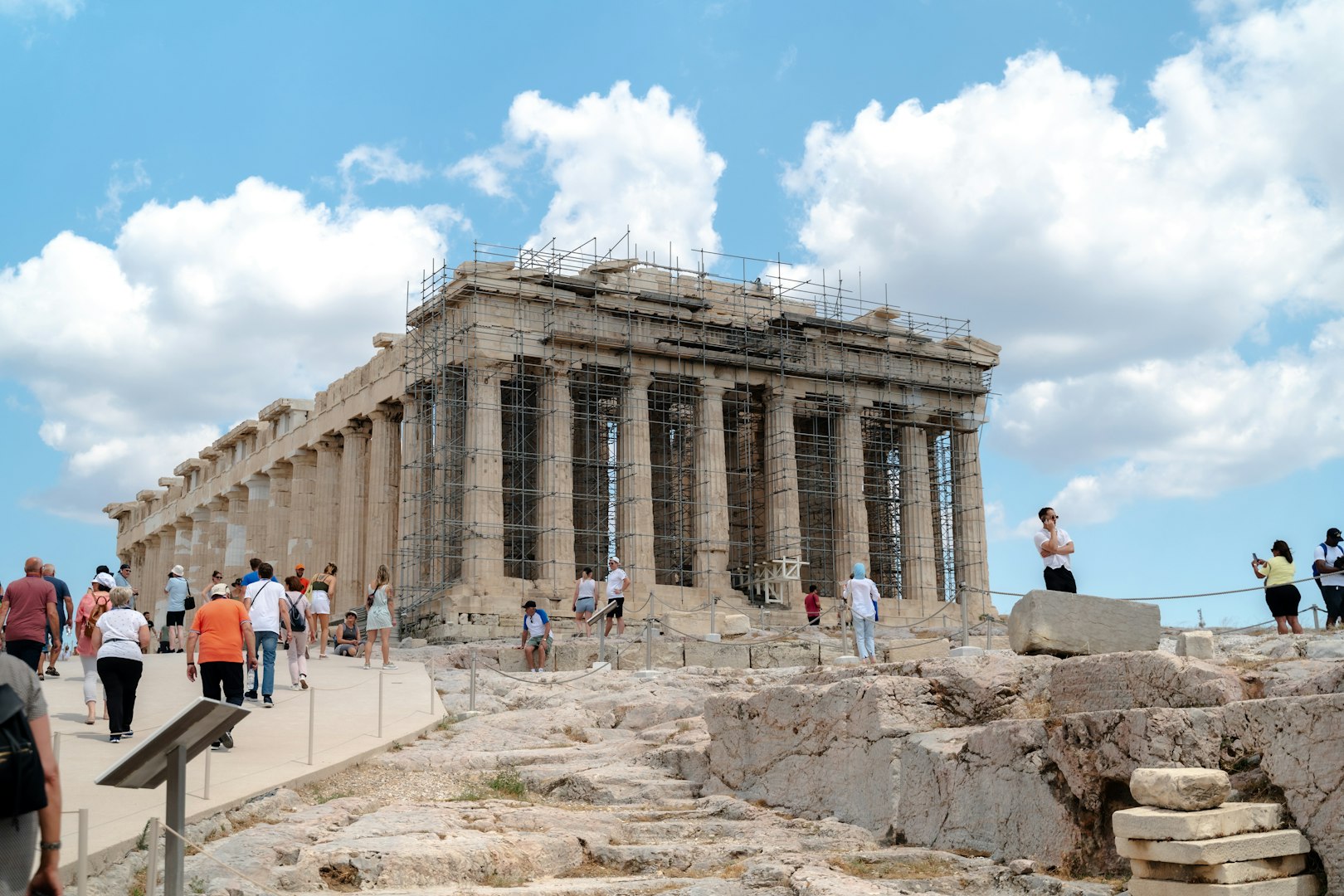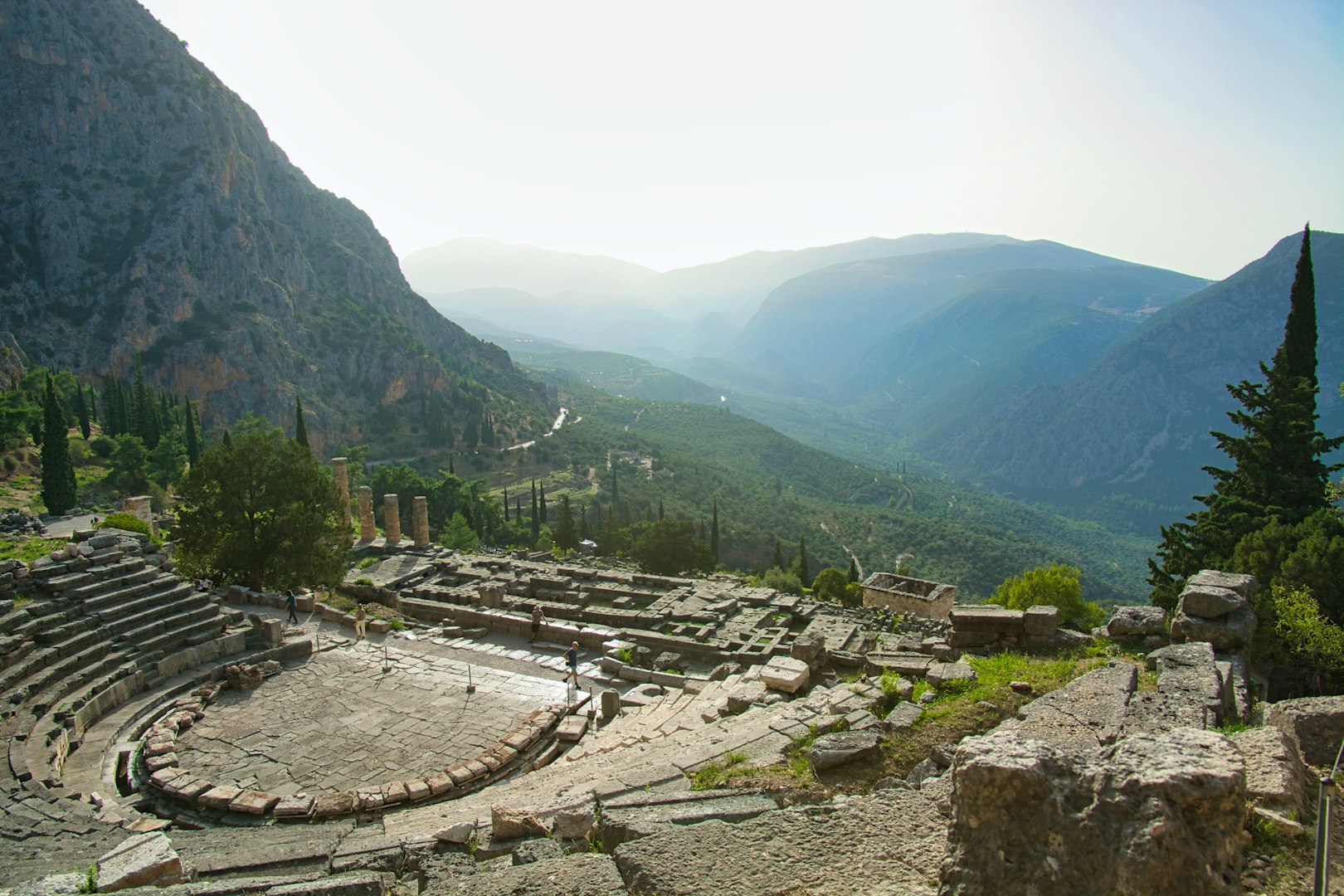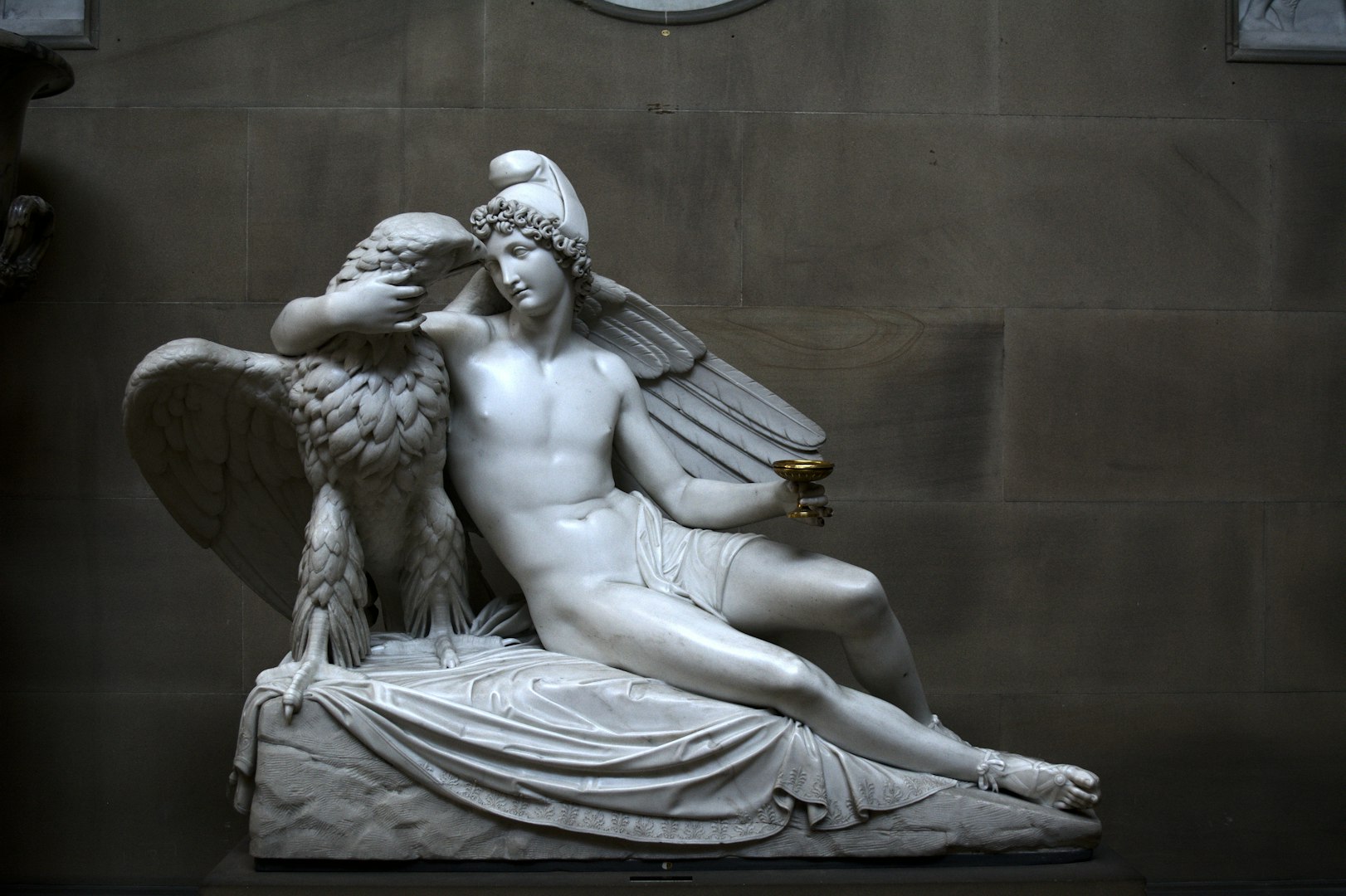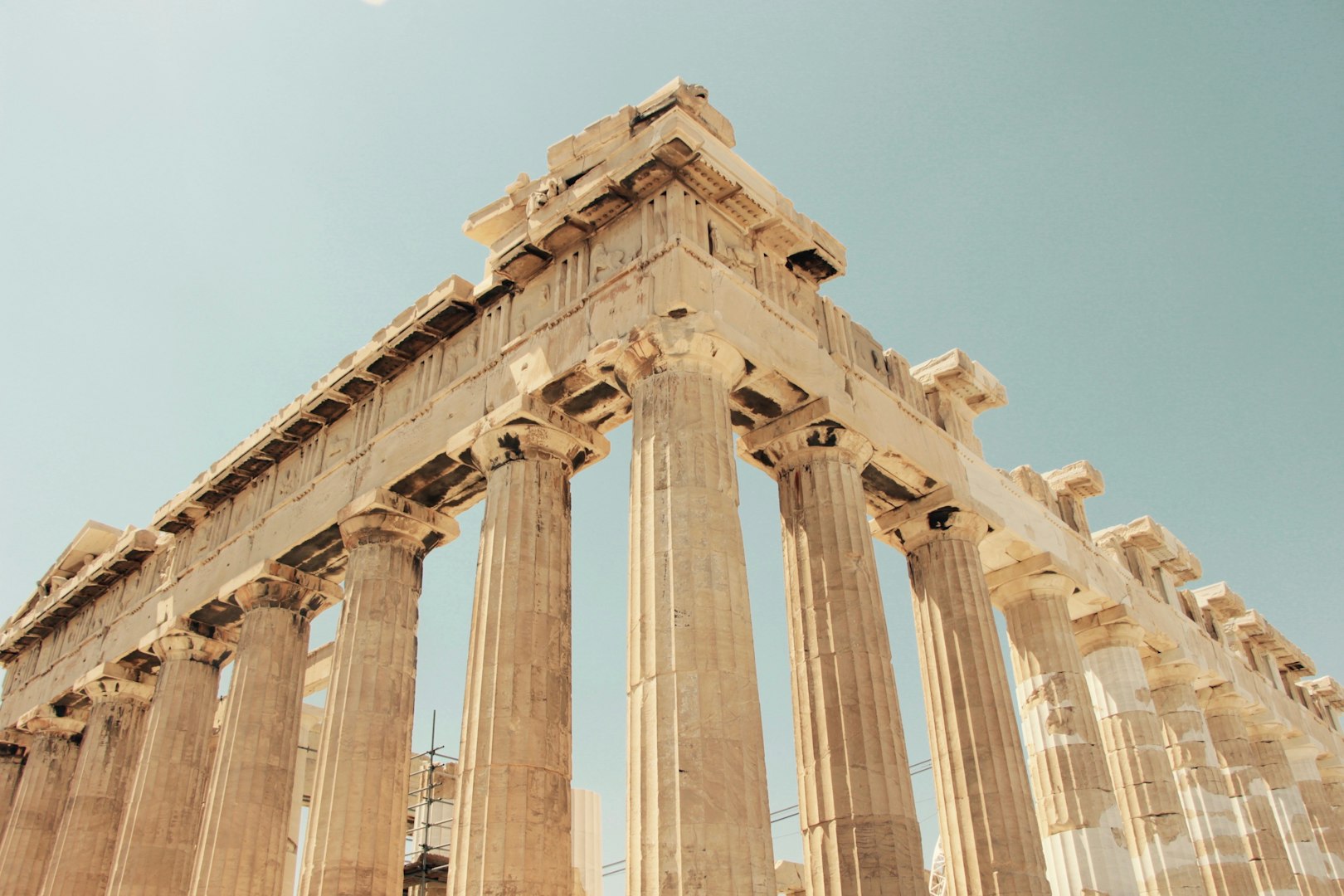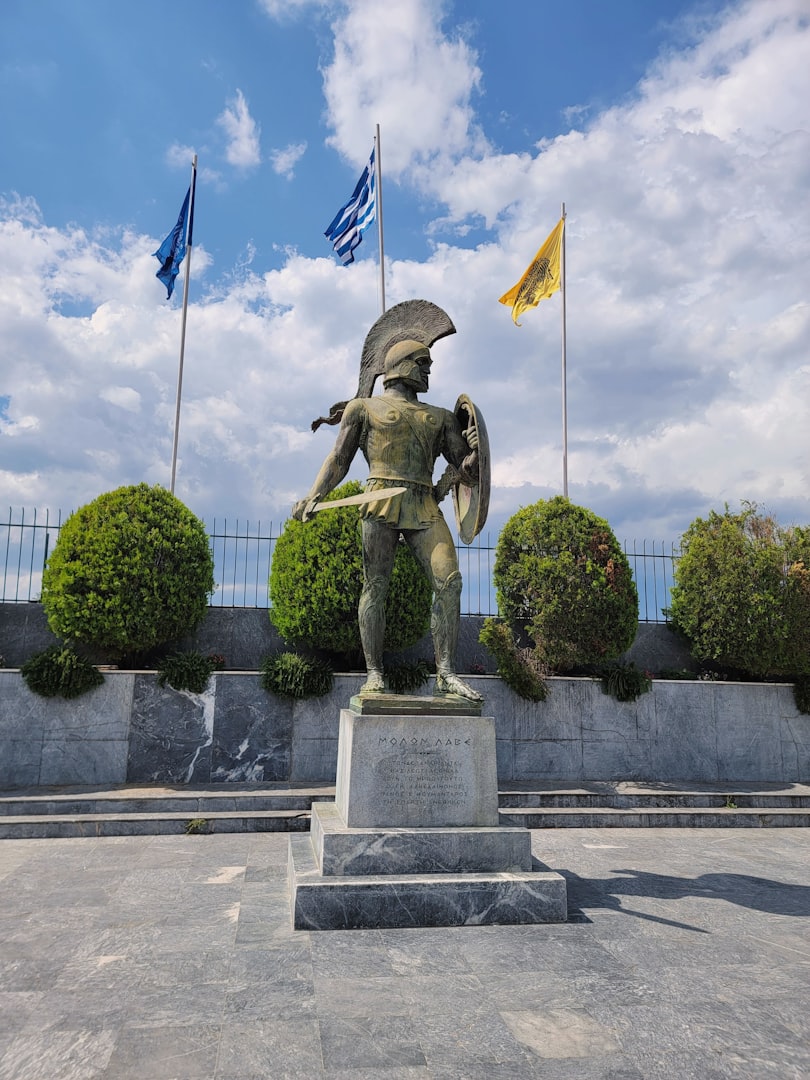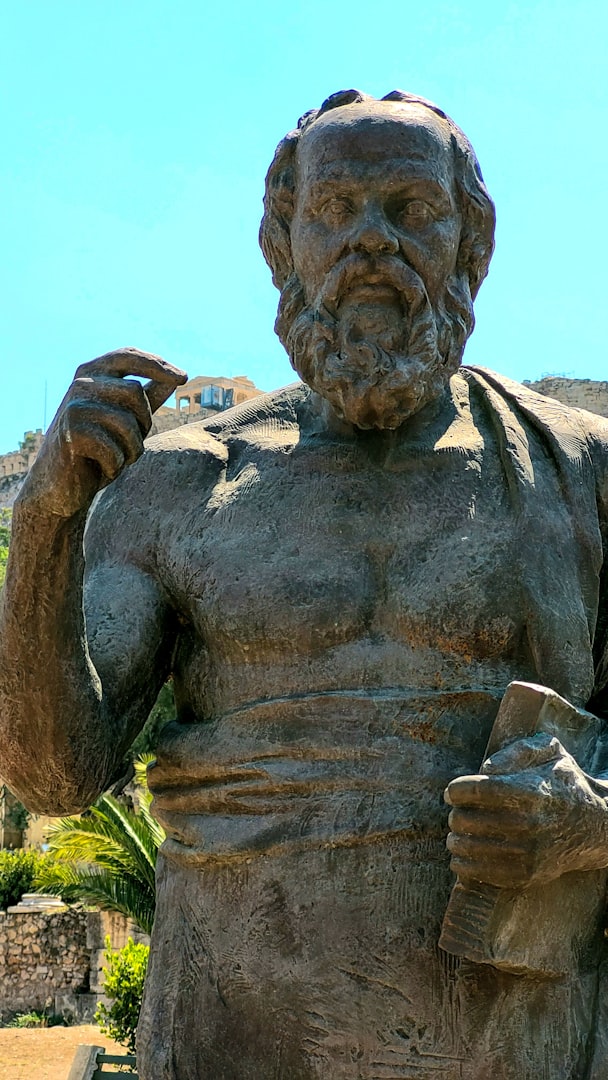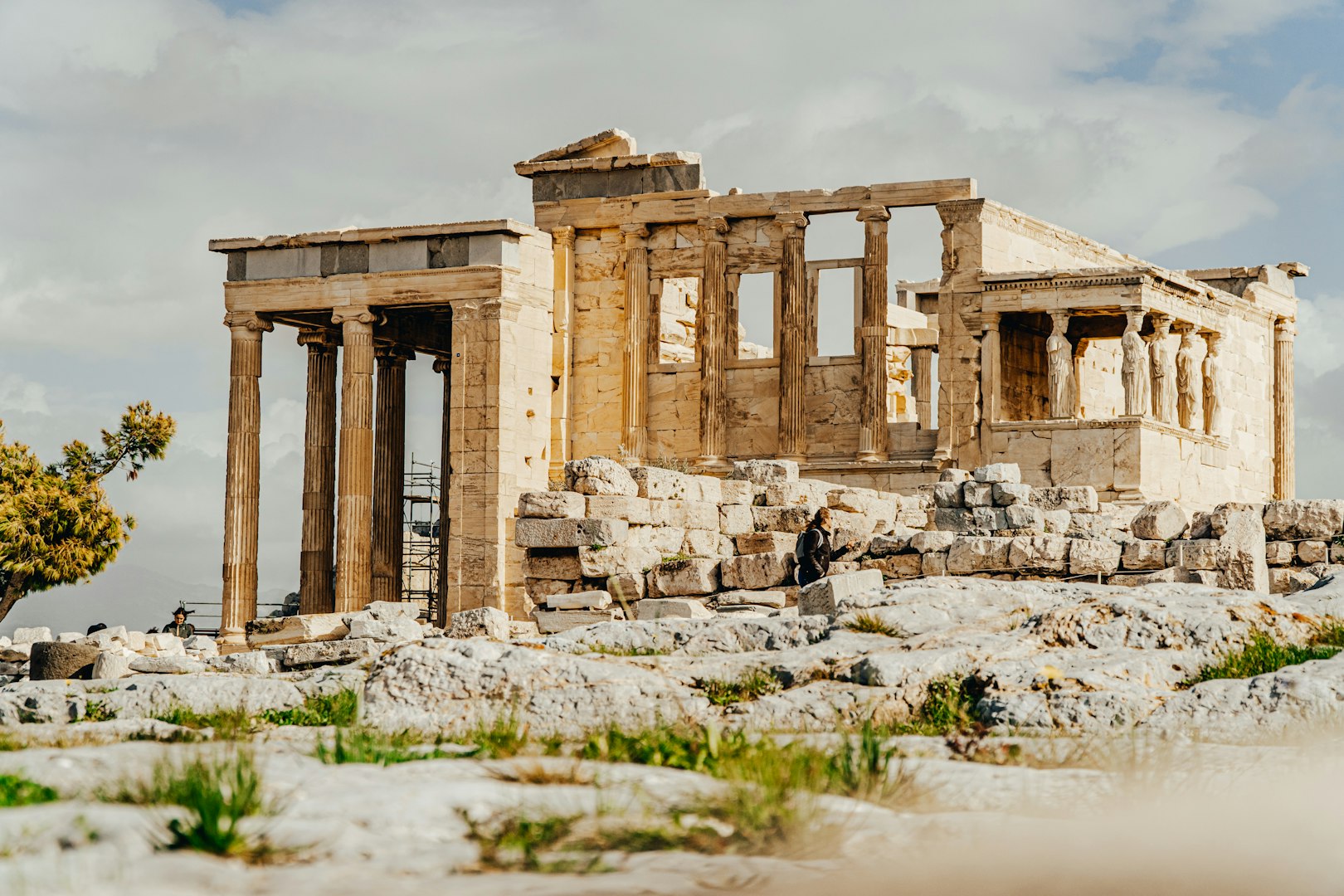
Ancient Greece: Minoan and Mycenaean
In this episode of Era Echo, we explore the rise and fall of the Minoan
and Mycenaean civilizations, two ancient Greek cultures that
significantly influenced the development of later Greek culture.
We
begin with the Minoan civilization, renowned for its seafaring prowess
and extensive trade networks. Flourishing on the island of Crete, the
Minoans developed advanced palatial structures, vibrant art, and a
complex society that engaged with other cultures across the
Mediterranean.
Next, we shift our focus to the Mycenaean
civilization, which dominated mainland Greece and is celebrated for its
warrior culture. The Mycenaeans were known for their fortified citadels
and their role in early Greek mythology and epic literature, including
connections to the Trojan War.
Both civilizations ultimately
collapsed around 1200 BCE, leading to a period known as the Greek Dark
Age. This era was marked by widespread societal upheaval, a decline in
literacy, and the loss of previous cultural achievements. Despite these
challenges, the Greeks adapted to new conditions, innovating in areas
such as agriculture and ironworking.
During this transformative
period, the Greeks developed a new writing system based on the
Phoenician alphabet. This alphabet, notable for its inclusion of vowel
sounds, laid the foundation for the writing systems used throughout the
English-speaking world today.
Join us as we delve into the
legacies of the Minoan and Mycenaean civilizations, examining how their
innovations and eventual decline set the stage for the emergence of
classical Greek culture.

